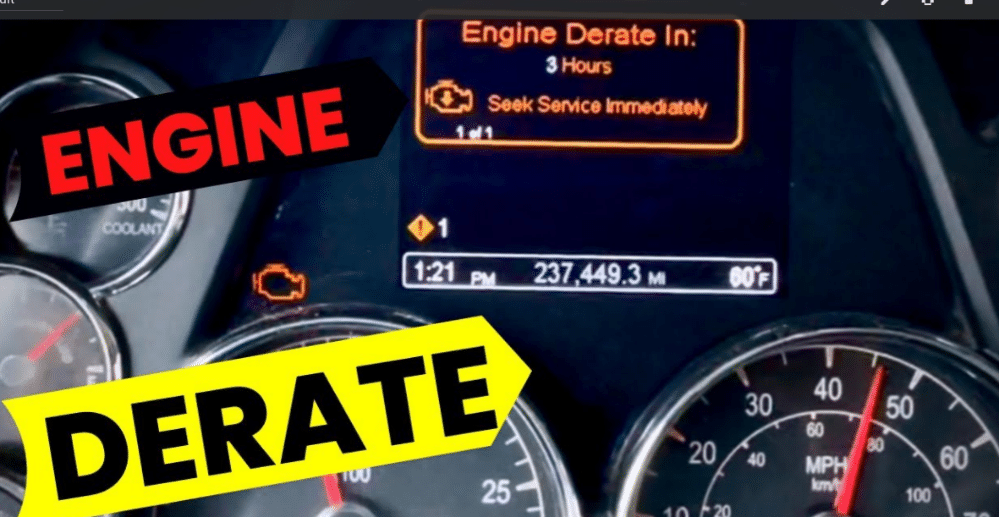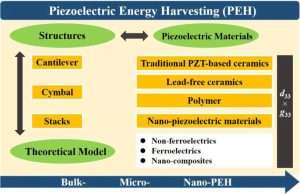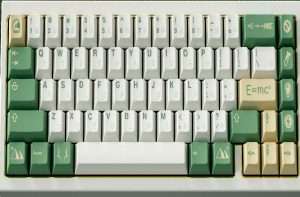Causes of Engine Derating & How to Fix/Clear Motor Engine Derate

Engine Derate Meaning
Engine derate is the reduction in the maximum power output of any engine to increase the engine shelf life.
Engine derate is a mechanism by the engine make-up to prevent a breakdown by reducing its output, speed, or operation when the engine is working in less favorable conditions such as high temperature.
Derating can also be manually done such as limiting fuel flow or engine revolutions per minute (RPM).
Engine Derate Warning
The commonest reasons people derate their engines are the following.
High temperature: Both diesel and PMS engines can be derated when the machine is running at high temperature since the engine components can expand and perform less than usual.
Engine protection: Engine derate is also used to reduce engine wear by limiting the engine to work at maximum power during high temperatures and high altitudes.
To control emissions from the engine: High emissions during high temperatures or altitude can be controlled by derating your engine.
Causes of Engine Derate and How to Fix it?
1. High levels of EGTs
A common reason for derating an engine is very hot exhaust gas temperatures (EGTs).
When the engine’s temperature gets too high, the ECM will reduce output.
Your engine overheating can be fixed if you can identify and fix the underlying cause(s). Common causes of increased EGTs include:
- Faulty or leaking injectors
- A turbocharger that is causing issues or is broken and in need of repair or replacement
- Fluctuating exhaust pressure
- Equipment misalignment
2. Oil Pressure Too Low
Additionally, low oil pressure causes engine to derate. When the fluid pressure drops too low, engine damage is possible.
To protect the engine from damage, the ECM will reduce output.
Once the underlying cause of the low oil pressure is addressed, the problem should be resolved.
Common causes of low oil pressure include:
- The oil that has been polluted or is very old is considered waste oil.
- Due to a clogged oil filter
- Equipment misalignment
3. High temperature of the coolant
The engine can be damaged if the coolant temperature rises too high.
The engine control module (ECM) will shut off the fuel supply to prevent damage to the engine. Reasons for excessively hot coolants include:
- If the coolant is old or contaminated, it will not function properly.
- There is a lot of junk in the radiator.
- A broken thermostat that won’t switch temperatures
4. Too little fuel pressure
Low fuel pressure can cause “lean” engine operation. Running lean means that the mixture of air and fuel is insufficiently fueled.
This could potentially be damaging to the engine. The ECM will also limit power in this situation to protect the engine.
Fuel pressure drops frequently because of these common causes.
- Clogged fuel filter
- A malfunctioning pump
- Bad fuel injectors





